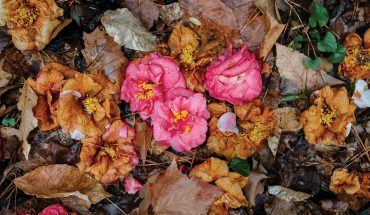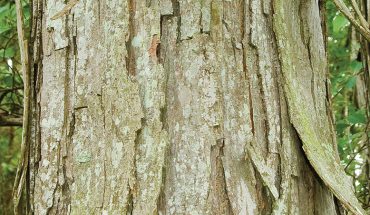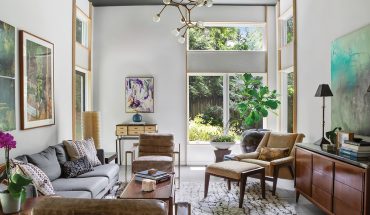JP Reuer shares a vision of a downtown Raleigh arts school with community impact.
by Larry Wheeler
JP Reuer, a local art and design educator and LEED-accredited architect, has a Raleigh vision that is both radical and visionary, yet of this moment. He is in the throes of creating Small School, a free, two-year graduate program based in cultural entrepreneurship which will grant a Master of Fine Arts (MFA) in socially-engaged art.
Here’s the idea: Each year, Small School will accept 15 students from diverse backgrounds, with a full enrollment of 30 at any given time. In return for free tuition, the students will work two days per week in local creative industries, offering their expertise and that of their faculty to produce community-based projects and events. These will be in partnership with civic organizations, governments, other nonprofits and, to be sure, the arts. The goal is to improve neighborhoods, parks, public spaces and the city’s cultural infrastructure—not to mention civic spirit. In addition to hands-on action, there will be community forums on complex issues with international art and design leaders, lectures and performances. Creative ferment will abound.
This should be the propitious moment for this endeavor as Raleigh strives to become a metropolitan leader on the world stage. What an opportunity Small School presents to cultivate and educate new leaders of the creative class in our midst, using the real city as its laboratory. Small School contends that big problems—and developing urban problems—need not be solely owned by governments and developers. Creative citizens can be empowered to make change through their expertise, hard work and new relationships; a powerful force for progress. Byproducts such as energetic community spirit, pride, long-term partnerships and commitment to a better quality of life for all only add value to the proposition.
Raleigh stands to benefit from Small School in a myriad of interactive ways: More than 180 proposed performances and lectures open to the public will energize spaces adjacent to Moore Square in downtown Raleigh, the intended location for the school. Other noteworthy program plans include a national symposium on New Genre Public Art and dozens of creative focus sessions for local businesses and artists. And then consider the potential impact of the 15 MFA theses and design-build projects benefiting specific local neighborhoods.
So how soon? Reuer hopes to be ready to go by the fall of 2021, after receiving a license from the University of North Carolina system and appropriate accrediting agencies. Negotiations are underway for the site and ongoing discussions with investors and philanthropic foundations are focused on raising essential operating funds, which are virtually two-thirds lower than comparable graduate programs.
This innovative venture seems to speak to the ambition and dynamism of contemporary Raleigh. The notions of community action partnerships, access for all, a diverse student body drawn from around the world and a continuing conversation about creative ideas are all central to progressive community development. The big payoff, of course, is the creation of actual projects drawn from this new thinking. Should this come to fruition—and I hope it will, and soon—Raleigh is bound to become better and more dynamic because of it.





